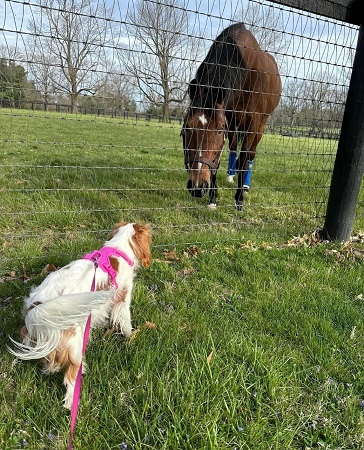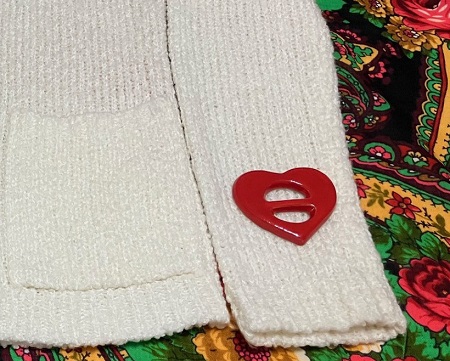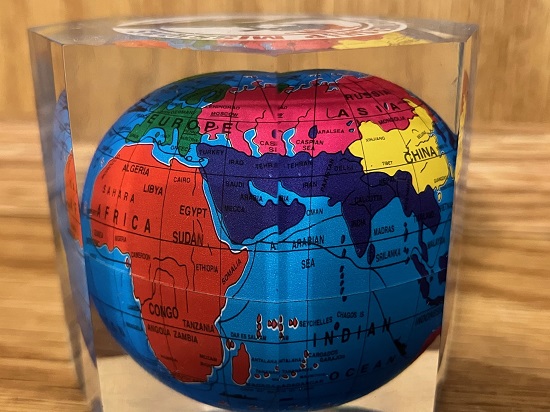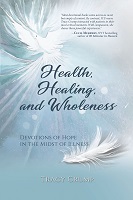Stinking Thinking
 Just as we avoid a skunk’s stinking spray, we want to avoid stinking thinking. We accomplish nothing when we focus on messages like:
Just as we avoid a skunk’s stinking spray, we want to avoid stinking thinking. We accomplish nothing when we focus on messages like:
- Woe is me.
- I’m awful.
- You’re awful.
- The whole world is awful.
- Life is awful.
- Nothing will ever get better.
Do you see a pattern here?
Stinking thinking means negative thinking.
We see only the wrong, never the right. Everything and everyone ruffle our feathers.
Rather than happy-go-lucky we remain:
- Pessimistic
- Down in the dumps
- Certain of failure
Focused on problems, our outlook grows progressively worse.
*Stinking thinking can lead to emotional problems.
After long stretches of negative self-talk, we have a tough time changing. Our thinking, feelings, and actions grow worse. As our stress level increases, tolerance decreases.
God offers a better life.
The one and only God who created the world created us. God also:
- Loves us
- Has a special plan for us
- Forgives us when we repent of our wrongs
- Gives eternal life and a home in heaven to all who follow Jesus
That should give us a positive outlook on life. Don’t you agree?
“Their thinking became futile and their foolish hearts were darkened” (Romans 1:21 NIV).
Thanks to Becky Nash Rowe for the suggestion. Photo by Jack Bulmer on Pexels.
Do you have other examples of stinking thinking or an expression you want explained? If so, please comment below.
Subscribe to receive my weekly posts by email and receive a free copy of “Words of Hope for Days that Hurt.”
If you enjoyed this post, please share it with your friends.
*Seek professional help if needed to overcome extreme negative thought patterns.










 In our
In our